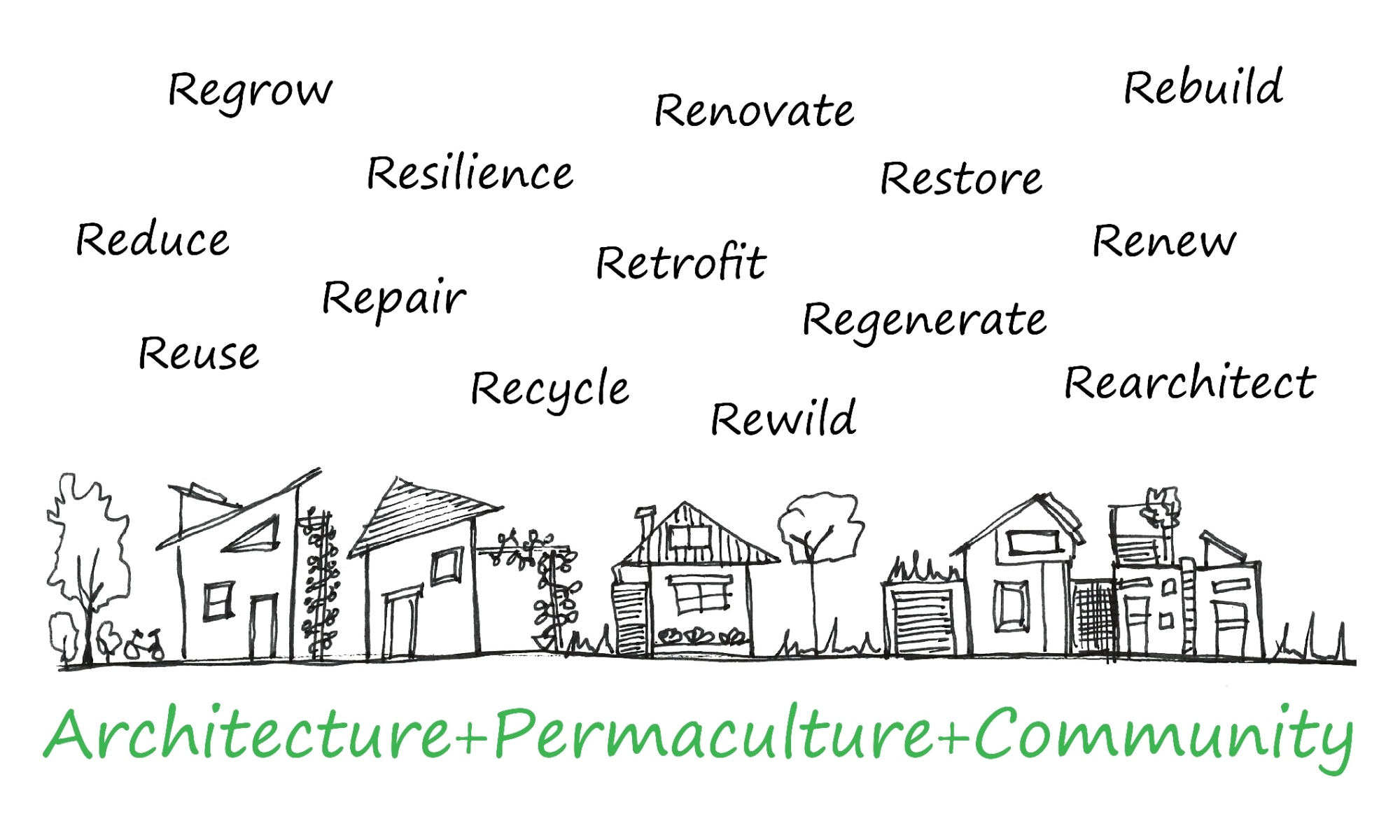Many architects, designers and planners would like to be able to provide solutions to the housing crisis, and help deliver houses that are affordable, ensuring everyone has access to a safe and healthy place to live.
Many discussions take place, many projects exploring the options, to reduce the cost of building and maintaining a home, and to provide more social and accessible homes for the less affluent in our society.
But it’s very frustrating when designers, developers, planners and policy makers continue to seek solutions that involve a lot of planning, a lot of money (that needs to be found) and take a long time to come to fruition. This is makes me shake my head as I see the increasing number of people having to sleep on the street and ask strangers for money just to get by. They don’t have a roof over their head tonight.
Whilst the professional world and the government aim to find solutions, I’m left wondering why we aren’t talking more deeply about the problem in the first place. Is it that we have not enough houses, or is the problem that society is becoming too privatized and monetized?
I wait patiently for the Q&A session at the end of one particular forum around affordable housing. Questions arise around whether these projects being discussed will provide a roof over the head of someone struggling to find money even for food, or are they to help younger generations get a step into the property market?
But the big question remains. It continues to burn in the back of my throat, but will I be laughed at or worse be ignored, “next question”? Will the speakers avoid the answer I am seeking and instead discuss capital gains and the empty apartments around the city skyline.
What I want to know is, how many empty rooms do they have in their house? Do they live alone in a family sized house, do they own more than 1 property, is their space out the back to park a tiny home?
There should be enough space to shelter every person in this country, but it appears we’re not willing to change our frame of mind to accommodate others.
We have noticeably become so much more obsessed with privacy and ownership, that we are loosing interest in the human need to be part of community. Our “community” has become more just ourselves and our immediate family who we must protect with fences & gates, with locks and security cameras, with screens and blinds to block out all visual or physical intrusion.
We are less likely to offer to share our home with a stranger, let alone voluntarily open up our private protected corner of the world to let the world in.
I believe there is a place for every person on this planet to have a home and to have space to grow our own food and access water. These are our basic needs as humans, along with companionship. Why do we continue to amplify efforts that limit these basic needs for some.
We need to rethink what we can do to provide shelter that is not just about building new and putting demand on resources. We need to look at what we have already and to challenge how we relate to one another. In the face of a changing climate and declining fossil fuels we will be forced to do this, possibly in the near future.
Co-housing, share housing, co-ownership, and avenues for low-cost renovating and retrofits should all be looked into more deeply.
Yes we need privacy, but do we need a quarter acre block to ourselves?
It’s time to unlock the gate and take down the fence. To build community rather than building walls. We need to re-learn to engage with those who are physically near us, and embrace diversity not matter a person’s situation, background or beliefs.
This is about building resilience. We need to learn to live together again.
Coming up on the 27th of November at Mpavillion in Melbourne, Architects are gathering to generate discussion around this issue, beginning with assessing what housing means to us, as the Aussie dream of a house & quarter acre block is not appropriate for many. By understanding our core need for shelter, our values for identity and belonging, and how they can be accommodated, we can perhaps find better solutions to housing that is affordable and inclusive. Click here to find our more about the event
